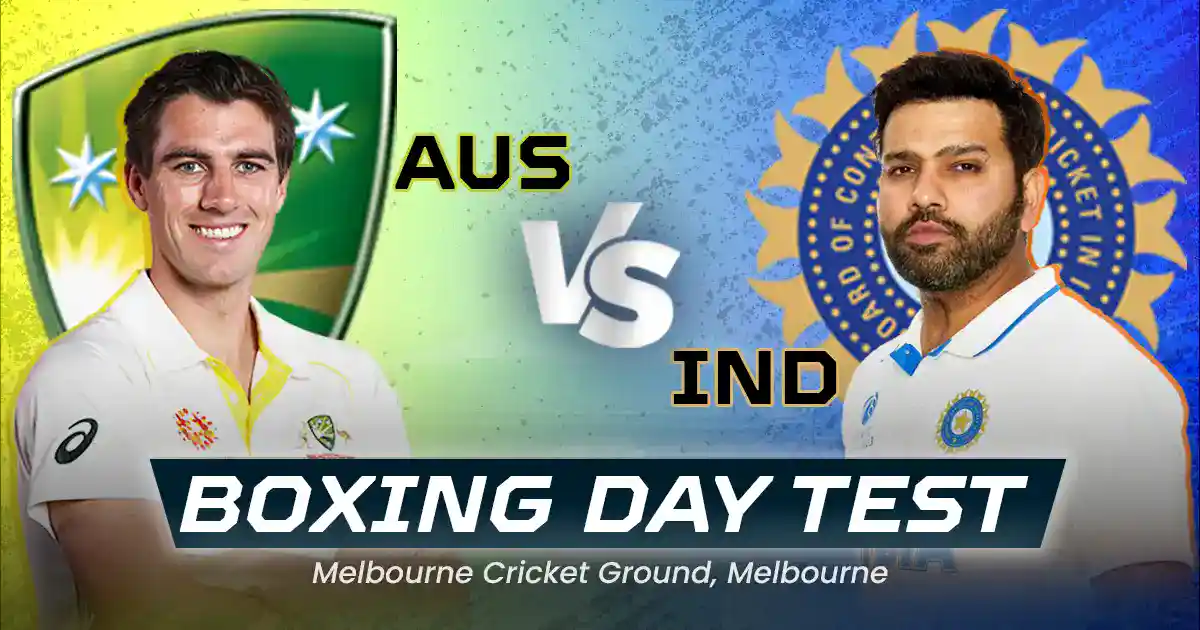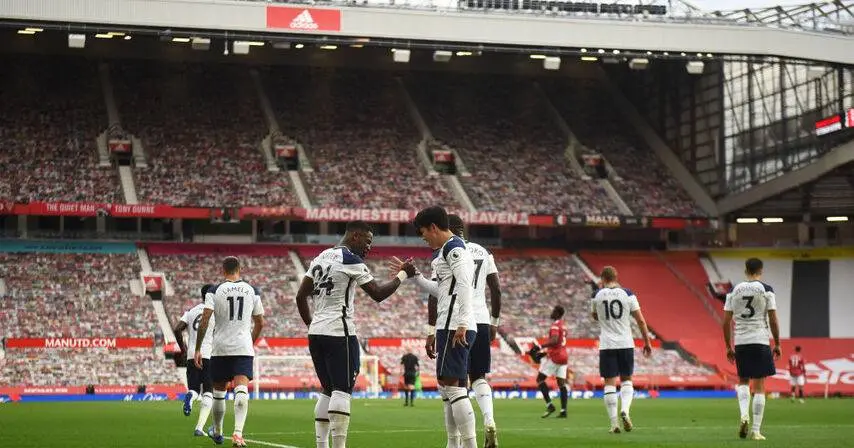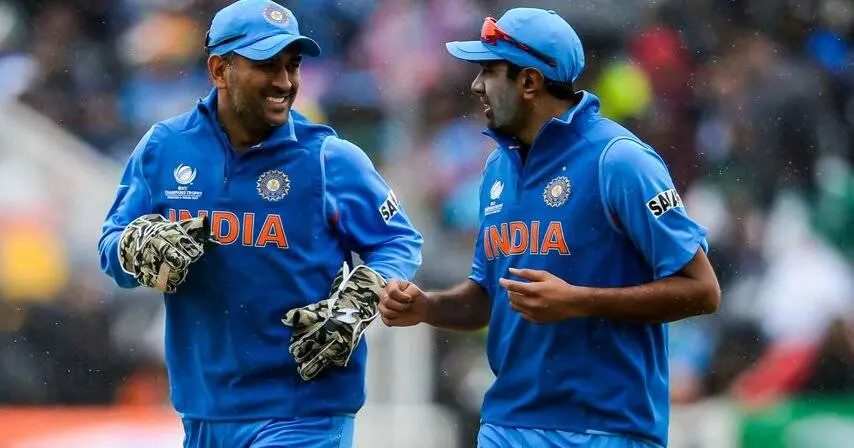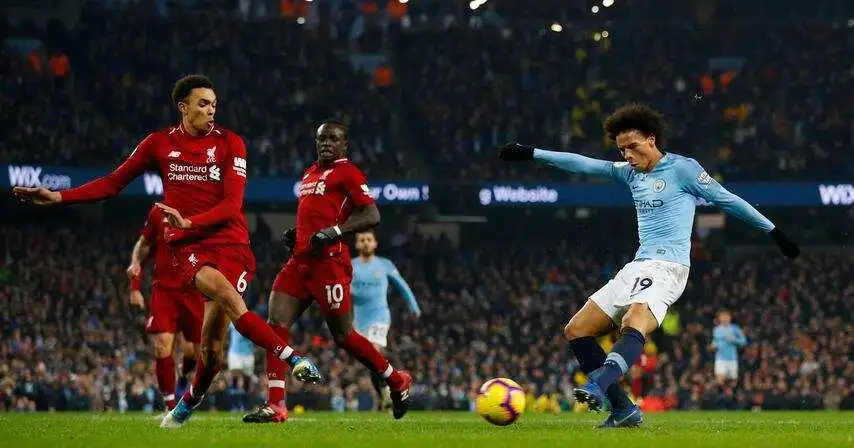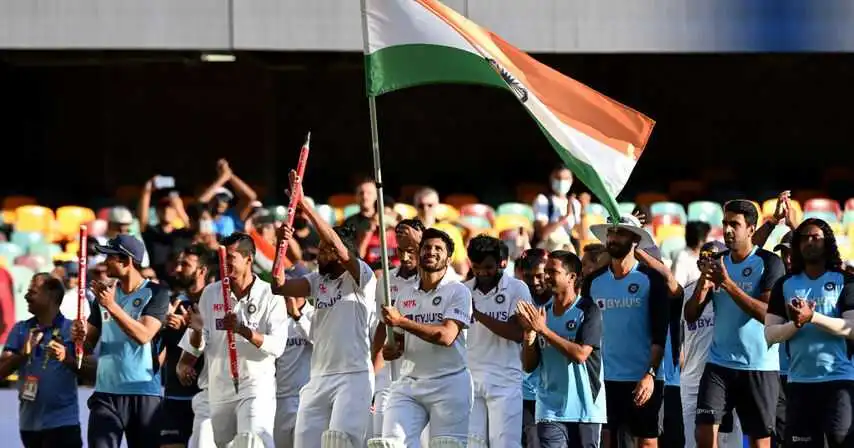
5 Best Batting Performances by Indians During a Test Series in Australia
Australia is known for its fierce pitches and intense crowds, making it one of the toughest challenges for visiting teams. Through the years, however, Indian cricketers have risen to the occasion, delivering iconic performances that have etched their names into the history of India-Australia Test cricket. With the Border-Gavaskar Trophy right around the corner, we decided to reminisce about five of the best individual performances by Indians in Australia.
1. Sunil Gavaskar – 1977-78 Series (Three Centuries in a Series)
In 1977-78, Sunil Gavaskar put on a masterclass with the bat that remains legendary. Facing an aggressive Australian side with the likes of Jeff Thomson, Gavaskar showcased why he was revered as one of the best openers in cricket. His remarkable composure and shot selection allowed him to adapt to the fast, bouncy pitches Down Under, silencing the hostile crowd with his precision and concentration.
Across five Tests, Gavaskar scored an astounding 450 runs, including three centuries. His resilience was particularly noteworthy in the fourth Test at Sydney, where he scored a gritty 118 in the second innings. His century wasn’t just about scoring; it was about survival and determination in the face of aggressive Australian bowling.
Gavaskar’s performances didn’t just add to his personal achievements—they set the tone for future Indian tours to Australia. For an Indian batsman to succeed so prolifically in Australia was almost unheard of, and Gavaskar’s success paved the way for other Indian batsmen to believe they, too, could master Australian conditions.
2. Rahul Dravid – 2003-04 Series (The Wall at Adelaide)
When discussing iconic Indian performances in Australia, Rahul Dravid’s 233 and 72* at Adelaide in 2003-04 is an obvious highlight. Known as “The Wall,” Dravid had a special affinity for scoring big in tough conditions, and Adelaide was the perfect showcase of his temperament and technique.
In the second Test at Adelaide, India was up against a massive Australian first innings score of 556. The stage was set for Dravid, who came in and crafted a marathon innings of 233. In a batting display that spanned nearly 600 minutes, Dravid showed exceptional concentration, frustrating the Australians with his unwavering defense and deft stroke-play. What made this innings particularly impressive was his ability to play each ball on its merit while keeping the scoreboard ticking.
Dravid’s innings didn’t end there. In the second innings, needing 230 runs to win, Dravid scored an unbeaten 72, guiding India to one of its most memorable Test victories. This win was significant, as India had not defeated Australia in a Test match in Australia for nearly 22 years. Dravid’s performance in Adelaide remains a testament to his reliability and skill under pressure, and it’s considered one of the finest innings by an Indian batsman overseas.
3. Virat Kohli – 2014-15 Series (Four Centuries in a Series)
Virat Kohli’s 2014-15 tour of Australia was an exhibition of modern-day batting at its finest. During this series, Kohli stamped his authority by scoring four centuries in four matches, amassing 692 runs at an average of 86.5. It was a performance filled with passion, aggression, and a bit of the combative spirit that Kohli has always been known for.
Starting with the first Test at Adelaide, Kohli set the tone by scoring centuries in both innings—115 in the first and 141 in the second—demonstrating his adaptability to different situations. His second innings knock was particularly thrilling as he kept India in the hunt for a remarkable chase, even though they ultimately fell short.
Kohli’s two additional centuries in Melbourne and Sydney were further proof of his incredible form and his ability to dominate even the best bowling attacks in their own backyard. With his sharp footwork and fearless approach, Kohli took on Australia’s formidable pace attack without flinching, confidently pulling and driving on the back and front foot. His sensational series in 2014-15 reinforced his reputation as one of the finest batsmen of his generation and set a new standard for Indian batsmen touring Australia.
4. Ajinkya Rahane – 2020-21 Series (Captain’s Knock at Melbourne)
Ajinkya Rahane’s 2020-21 tour of Australia will forever be remembered for his incredible century at the Melbourne Cricket Ground, which helped India turn the series around after a disastrous start in Adelaide. In the first Test, India was bowled out for 36, their lowest-ever score in Test cricket, leaving the team in disarray and without its regular captain, Virat Kohli, who left the tour for personal reasons.
Rahane, assuming the captaincy, led by example in the second Test. Walking in at 64/3 on a difficult pitch, Rahane displayed grit and determination, playing a patient and technically sound innings to score 112. His approach was a masterclass in Test cricket, as he countered Australia’s potent attack, playing late and under his eyes. Rahane’s century wasn’t just vital in terms of runs—it was the psychological boost that the team desperately needed. India went on to win the Melbourne Test, leveling the series. Rahane’s calm leadership and steady batting instilled a newfound belief in the team, which eventually led to a historic series victory.
5. Rishabh Pant – 2020-21 Series (The Gabba Chase)
The 2020-21 series was filled with heroic performances from Indian players, but Rishabh Pant’s 89* at the Gabba stands out as one of the greatest match-winning innings in Test history. Dubbed “Fortress Gabba” for its near-invincibility for the Australians, India faced a daunting 328-run target on the final day to win the series.
Pant’s knock was a mixture of bravery and calculated aggression. Unlike conventional Test batting, Pant chose to take the fight to the Australians, playing his shots and going after the bowling. With each boundary he struck, Pant drained Australia’s hopes of a victory. By the final session, the Australians were on the defensive, and Pant seized the moment, bringing India closer to a miraculous win.
His unbeaten 89 off 138 balls guided India to an unforgettable victory, sealing the series 2-1 and marking the end of Australia’s unbeaten streak at the Gabba since 1988. Pant’s innings was a statement of his fearless approach to the game and will be remembered as one of the most thrilling performances by an Indian cricketer in Australia.
